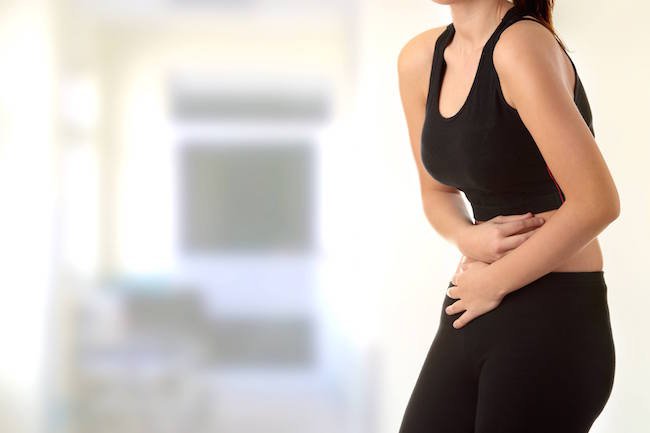Should you eat before you exercise? Is it a good idea to work out on an empty stomach? The question is always open to debate and you can easily find opponents and proponents who offer evidence to support their viewpoint. So, do you think working out without eating anythingis not the right way to go? Keep reading to find out yourself.
Should You Be Working Out on an Empty Stomach?

The simple answer is no. Working out like lifting weight or running on an empty stomach is not the right thing to do. Working out with no food in your stomach is ineffective and may even lead to several complications. There is no change in the fat burning mechanism when you opt for fasted cardio. Quite interestingly, you lose more fat on the days you take a break from exercise. It means that if you exercise five days a week, you will be burning more fat on rest days.
There are studies suggesting that you can increase the post-exercise "after-burn" effect by ingesting carbohydrates before workouts. It means that ingesting carbs prior to exercise will result in more calories burnt during the day. When working out on an empty stomach, your cortisol levels go up and your body starts burning muscle tissue. It means that you may end up losing any muscle mass you may have acquired after strenuous training. Without eating enough food to fuel your workout, you will notice a considerable decrease in your exercise intensity.
Why Eat Before Working Out
When you exercise with some food in your stomach, you make your body use fat instead of muscle to provide you with energy to complete your workout. Therefore, it is a good idea to eat something at least half an hour before exercise. You may have a protein shake or a liquid-like yogurt to ensure your body has nutrients available for your workout.
The digestion of the food will create the so-called thermogenic effect, which in turn improves fat oxidation. It means that eating before workouts will improve fat oxidation and help you burn more calories in return. The process also increases your body temperature and makes nutrient readily available during exercise. The effect intensifies when you consume more oxygen during intense exercise. That is the reason why it makes great sense to consume glucose before low- and high-intensity exercises.
Here are recommended foods to eat before a workout.
What You Can Do
Though working out on an empty stomach is not good for weight loss or health, you can try a few other things as well to boost fat-burning effects. For instance:
- Take short rest between sets. This will make it work like interval cardio training or like walking the curves on a running track. You can amply the fat burning effect by pacing between weight-training sets.
- Go for a short cardio session soon after completing your workout. You will be using your sugar resources during strength training, and once those resources are depleted, your body will start using fat stores. A short cardio session will help achieve your goal.
In addition, you need to pay attention to nutrition to help get the kind of physique you are after. Moreover, bear in mind that how hard you work in the gym will have its effects when you are actually out of the gym. So, understand that working out on an empty stomach is not a good idea and rest days are of immense importance.
Dieting Myth on Working Out
Just like thinking that you burn more calories when you work out on an empty stomach, there are many other myths related to exercise and dieting. Here are some dieting myths for your understanding.
1. Myth: Eat Fat Makes You Fat
It sounds true, but that is not how things work. Eating a small amount of fat is actually good for your health. It even helps you feel fuller and keep hunger pangs at bay. Moreover, you need to eat right fats to ensure your body can absorb vitamins properly. You should include polyunsaturated fats in your diet, which are available in liquid oils such as safflower and canola oil. They do not raise bad cholesterol levels and actually help reduce the risk of a heart attack. You should also get omega-3s from seafood, krill, fish, flaxseeds, algae, olive oil, and walnuts.
2. Myth: Women Cannot Lose Weight Easily
That is not true. While men usually find it easier to lose weight faster as compared to women in the beginning, things become the same over the long run. It is mainly because men usually have more muscle mass and do not have to deal with so many hormonal changes as women do. This helps them lose those first few pounds rather quickly. Research shows that there remains no difference in how fast both men and women can lose weight over the long run. The more important thing is to stick to a good exercise routine and healthy diet.
3. Myth: There Is No Difference in the Types of Calories You Eat
Again, that is not true. Not all calories are created equal because some will be more filling as compared to others. When you eat calories that are more filling, you will feel full faster and you may end up eating less. Some calories are less filling and make you eat more and more to satisfy your hunger. It is therefore important to replace less-filling saturated fats found in fatty meats and butter with the more filling polyunsaturated fats found in nuts and avocados.
